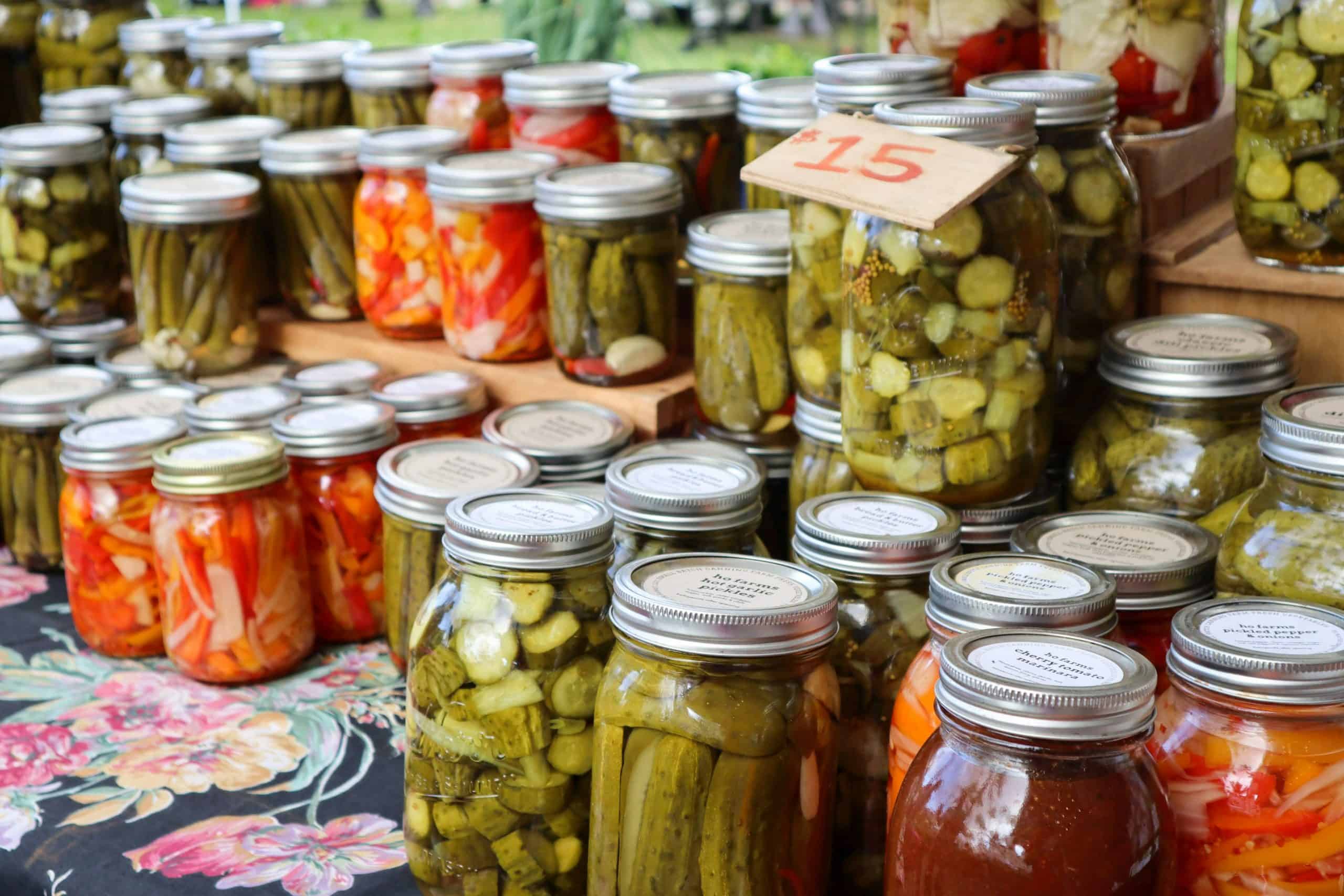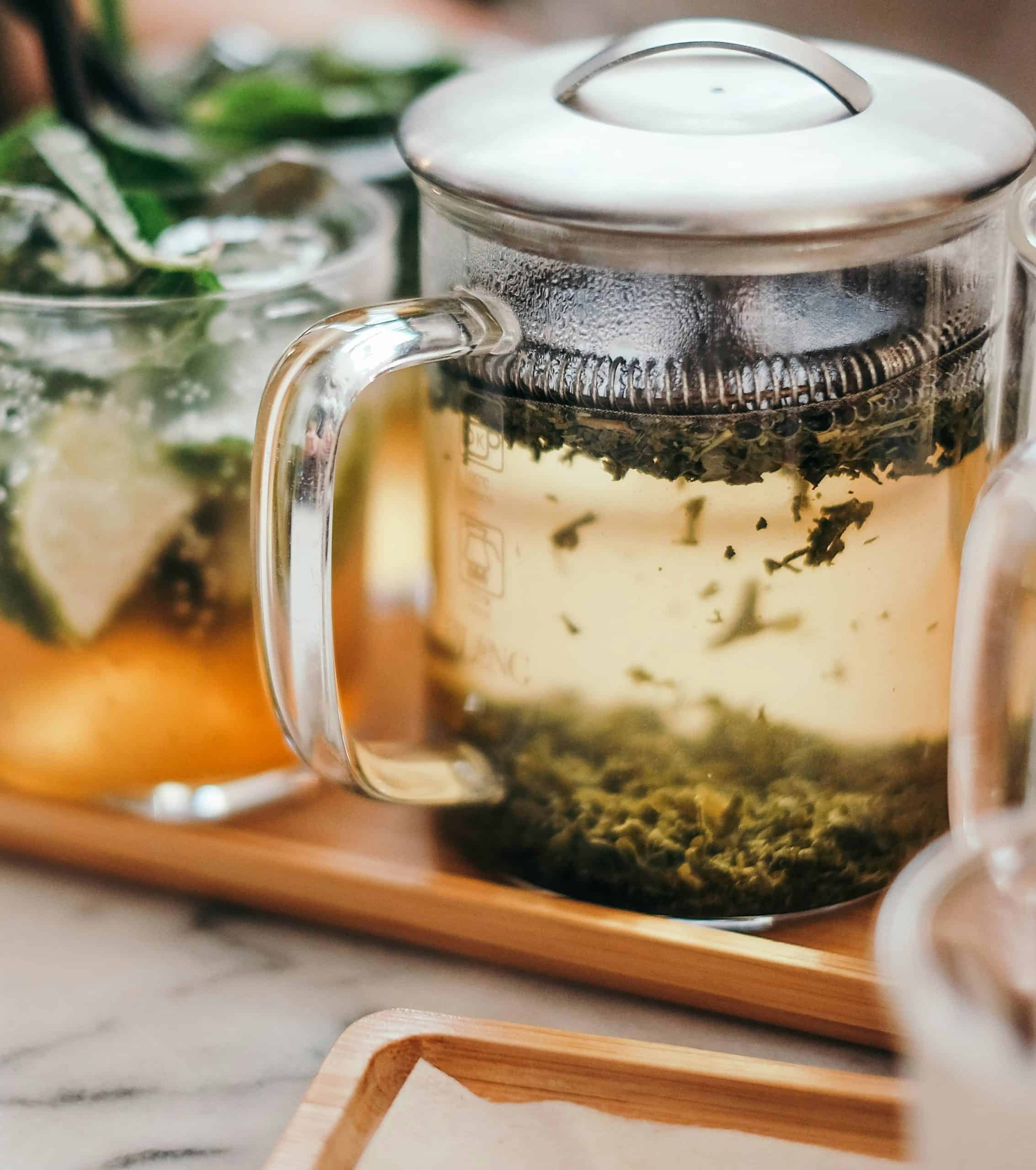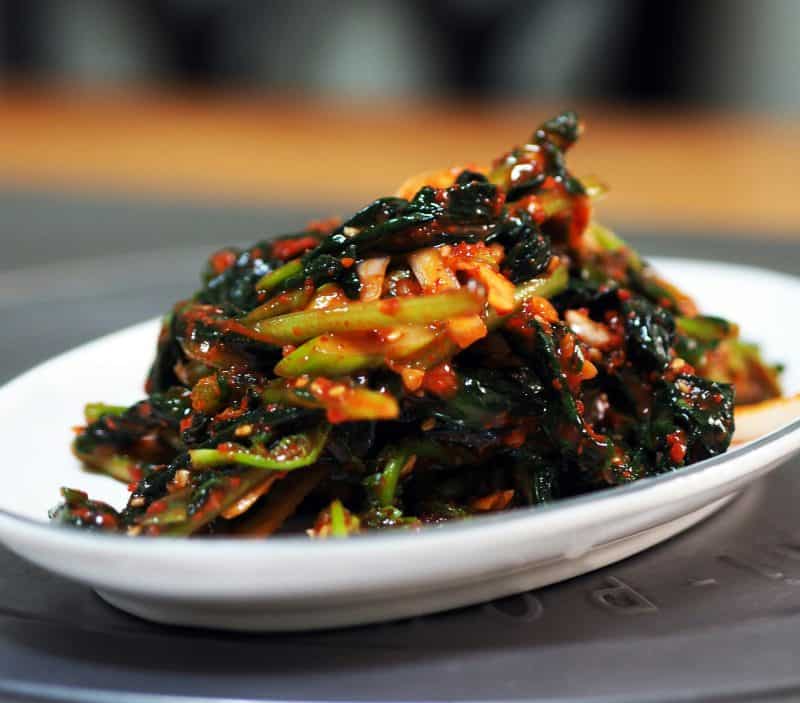Blog
4 Healthy And Delicious Vegan Fermented Foods For Your Next Meal
July 11, 2024

“A diet rich in fermented foods enhances the diversity of gut microbes and decreases molecular signs of inflammation, according to researchers at the Stanford School of Medicine.” – Stanford Medicine
Eating more vegan foods aligns with the Plant Based Treaty’s mission to promote a shift towards a plant-based food system that enables us to live safely within our planetary boundaries. To learn more about their approach to the food system, read their Safe and Just report, which raises awareness of the devastating impacts of animal agriculture on our earth.
Creating healthy fermented foods that are naturally vegan and moving away from eating animal products is a win for our health, the animals, and our earth. Here are some fermented food recipes to get you started.
Kombucha Tea
If you are familiar with kombucha, then you know it’s a sparkling drink usually made from black or green tea. It’s created by fermenting tea and sugar with a symbiotic culture of bacteria and yeast (SCOBY) and contains live cultures. This fizzy drink has many health benefits “from aiding in digestion to ridding your body of toxins and boosting energy levels”, as described by Webmd.

This powerful drink, which may even help your immune system and lower the risk of heart disease, has been around for over 2,000 years. First brewed in China, it’s now become popular in North America. It’s easy to find in the supermarket with many tempting flavours including pineapple, lemongrass, hibiscus, strawberry, mint, jasmine, and even chlorophyll for extra health kicks. For daring and creative souls who want to try and make their own kombucha tea from scratch, Vegan Physicist has got you covered in his comprehensive guide. Currently living in Canada, Henrik is originally from Sweden where he got his PhD in physics, and his unique blog showcases vegan meals from around the world and the science behind them. He explains how making your own kombucha is a great introduction to fermentation and can be very satisfying!
Miso Soup

Caitlin Shoemaker, vegan recipe developer and creator of the food blog From My Bowl, has a quick and not-too-complicated vegan miso soup recipe that can be made in one pot with seven ingredients. She uses two kinds of dried seaweed, cubed tofu, multiple varieties of mushrooms, and organic white miso paste. Shoemaker focuses on budget-friendly recipes and mentions that most of the ingredients in her miso soup recipe can be found at affordable Japanese or Asian grocery stores. This miso soup is rich in probiotics and has a delicious umami flavour.
Tempeh

Once cooked it becomes crunchy with a nutty flavour, and contains B vitamins, fiber, iron, calcium, and a whopping 18 grams of protein per 3-ounce serving, which is about one third of a store bought package – it’s literally a vegan nutrition superstar!
Tempeh is cholesterol-free, supports gut health, can lower inflammation, and promotes bone health. Sarah’s Vegan Kitchen has a stovetop tempeh bacon recipe that’s delicious and perfect for your next vegan BLT, Caesar salad topper, or as a side for weekend brunch.
Sauerkraut, Kimchi, And Pickled Veggies
Fermented vegetables have multiple health benefits including aiding in digestion, and are packed with good bacteria, vitamins, and minerals. Some fun veggies to ferment in small batches include red bell peppers, radishes, turnips, green beans, garlic, cauliflower, and cucumbers.
If you are looking to make your own sauerkraut, Losune from Simple Vegan Blog shares her sauerkraut recipe for this traditional German food high in vitamin C and healthy probiotics. It’s popular in many Eastern European countries and a healthy side dish. Her inexpensive recipe uses only finely cut cabbage and salt that ferments in brine to create a food with lactic acid bacteria, with new flavour compounds. It’s actually quite remarkable what happens when veggies are left in highly concentrated saltwater solutions!

If you are looking for more ways to veganize your meals, download the Plant Based Treaty’s free plant-based starter guide. It contains fun recipes, meal planners, nutritional information, and tips to start your journey.

Miriam Porter is an award-winning writer who writes about veganism, social justice issues, and eco-travel. Miriam currently lives in Toronto with her son Noah and many rescued furry friends. She is a passionate animal rights activist and speaks up for those whose voices cannot be heard.
More from the blog
6 Important Calls To Action From The Safe And Just Report – Part One
By Miriam Porter
Grow Your Own Kale And Spinach For Healthy Green Smoothies
By Miriam Porter
The Importance Of Exercise And Tips On Building Muscle
By Miriam Porter



